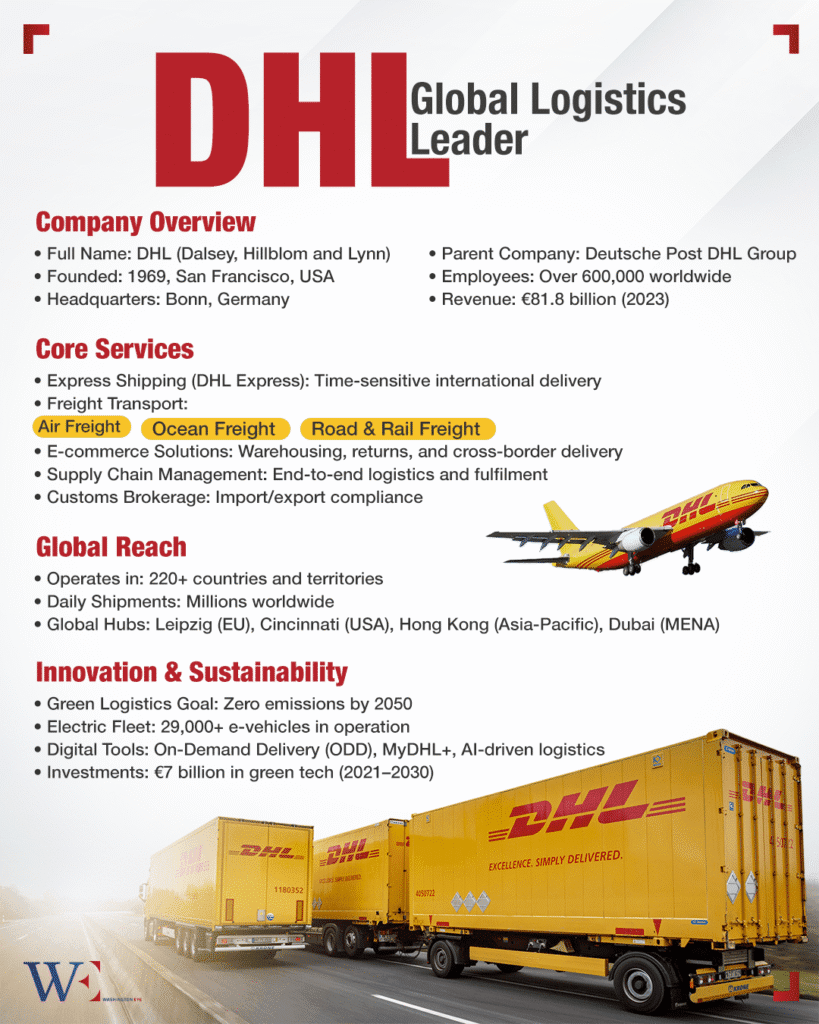Global logistics leader DHL has announced a temporary suspension of business-to-consumer (B2C) shipments to the United States for packages valued over $800. This decision, effective from April 21, 2025, comes in response to recent changes in U.S. customs regulations that have significantly increased the complexity and processing time for higher-value imports.
The U.S. Customs and Border Protection (CBP) recently lowered the threshold for mandatory formal entry processing from $2,500 to $800, effective April 5. This change requires more detailed documentation for shipments exceeding the new threshold, leading to substantial delays and increased workload for customs clearance processes. DHL cited these challenges as the primary reason for the suspension, stating that the surge in formal customs clearances has overwhelmed their systems, causing multi-day transit delays for affected shipments .
While B2C shipments over $800 are suspended, business-to-business (B2B) shipments of similar value will continue, albeit with potential delays due to the heightened scrutiny and paperwork requirements. Shipments valued under $800 remain unaffected by this suspension.
The suspension has sent ripples through international markets, particularly affecting exporters who rely heavily on U.S. consumers. British luxury brands, for instance, have expressed significant concern. Companies like Joseph Cheaney & Sons and Sabina Savage, which derive a substantial portion of their sales from the U.S., are facing logistical nightmares. Sabina Savage noted that 90% of her customers are based in the U.S., and the suspension has led to additional costs and challenges in fulfilling orders .
Trade bodies have also voiced their apprehensions. Walpole, representing British luxury brands including Burberry and Alexander McQueen, highlighted that their members are being “doubly penalised”—unable to deliver goods and subjected to a 10% tariff on those that do get through. Helen Brocklebank, Walpole’s chief executive, emphasized the financial strain this places on businesses that have built long-standing relationships with DHL and now face the daunting task of finding alternative logistics providers .
The suspension is part of a broader context of escalating trade tensions. President Donald Trump’s administration has implemented a series of tariffs aimed at reducing trade deficits, notably imposing a 145% tariff on Chinese goods. In retaliation, China has enacted a 125% tariff on U.S. products. These measures have disrupted global supply chains and increased costs for businesses and consumers alike .
Analysts warn that the growing bureaucratic strain could disrupt global e-commerce and supply chains, raising costs for U.S. consumers. The rollback of the “de minimis” exemption, which previously allowed low-cost imports to bypass duties and inspections, is expected to further impact companies that rely on shipping low-cost goods to the U.S., such as Shein and Temu .
DHL has emphasized that the suspension is a temporary measure and that they are working diligently to manage the increased workload caused by the new customs regulations. The company has not provided a specific timeline for when the suspension will be lifted but has promised to share updates as the situation evolves .
In the meantime, businesses affected by the suspension are exploring alternative logistics providers, though many have expressed concerns about the costs and complexities involved in transitioning from established relationships with DHL. The situation underscores the broader economic fallout of recent trade policy changes, affecting both exporters and American consumers of international goods. As the global trade landscape continues to evolve, businesses and consumers alike will need to adapt to the changing regulatory environment and its implications for international commerce.

















